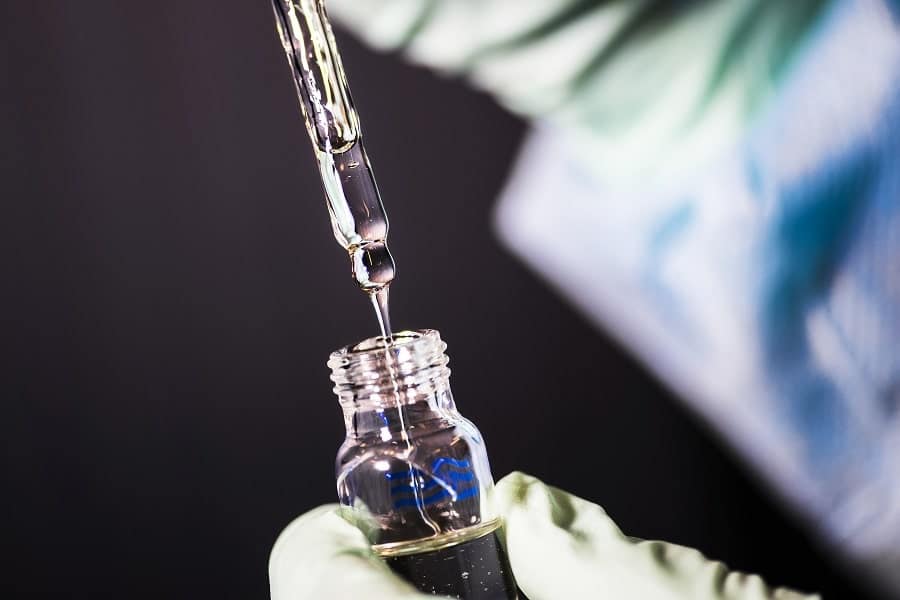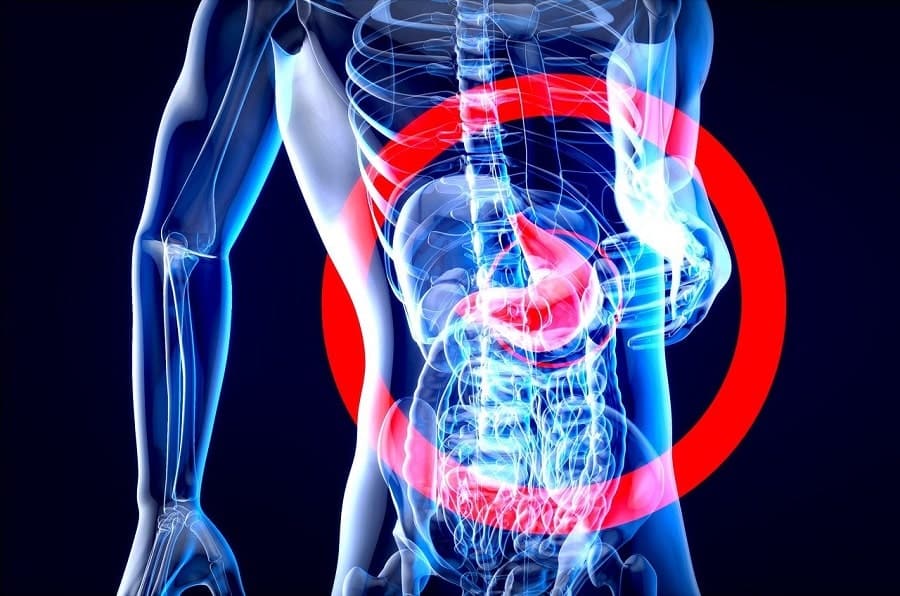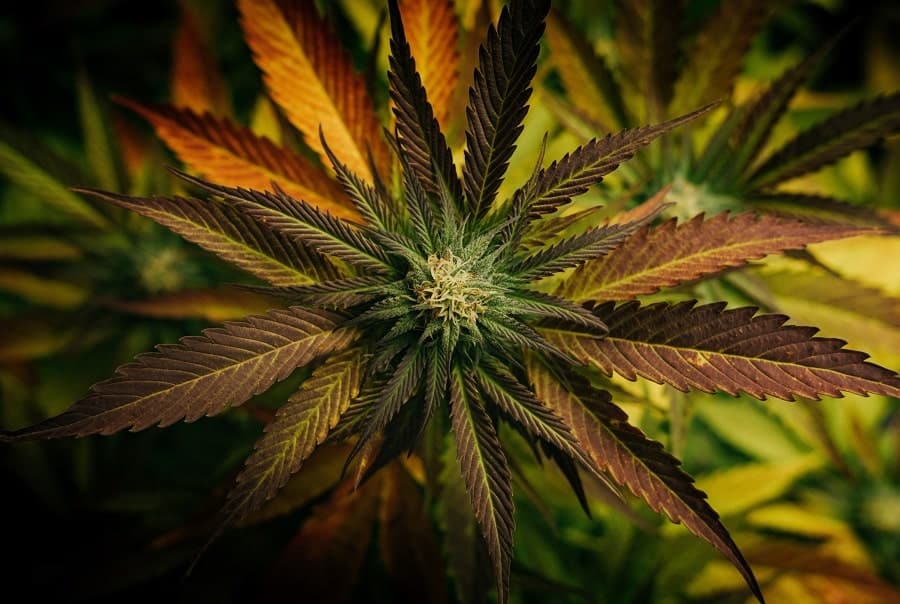Although cannabinoids are multiplying on the market, there are two that we know well, and “we” include both the scientific community and the general public: CBD (legal) and THC (narcotic). But now synthetic derivatives are multiplying in the laboratory, creating hybrids that are as fascinating as they are disconcerting. One of the most popular?
THE THC-O, with particularly powerful effects.
So, does THC-O play in the camp of the delicate Bruce Banner or rather the incredible and uncontrollable Hulk? Weedy.fr explains in detail what THC-O is, how it acts on the body and the fears related to its consumption.
Sommaire
ToggleWhat is THC-O?

THC-O is the short version of a cannabinoid called tetrahydrocannabinol-O acetate. Sometimes presented as a natural cannabinoid, it is actually created from a series of extractions involving both the molecule of CBD and that of THC (more particularly the delta-8-THC). These extracts are then supplemented with a highly flammable compound,acetic anhydride.
From these laboratory manipulations a new molecule is born: THC-O. It is therefore a synthetic cannabinoid derived from hemp.
Since THC is illegal in most countries around the world, it is often impossible or at least difficult to work on this basis. In the laboratory, everything generally starts with a CBD molecule. Technicians first transform it into Delta-8 or Delta-9 THC. It is from this first derivative that they create THC-O acetate, which can also be synthesized from THC or THCA.
The final formula for the THC-O molecule is C23H32O3. CBD and THC share the same chemical formula (C21H30O2), with a slightly different arrangement of atoms. The relative proximity between these different substances means that they are all capable of interacting with the endocannabinoid system (DRY). Their differences nevertheless imply unique effects.
How does THC-O work?

Due to the modifications it has undergone in the laboratory, THC-O has unique effects. Certainly, they are close to those of THC and other known cannabinoids, they are nevertheless very much their own. Thus, it is estimated that THC-O would be approximately three times more potent than delta-9-THC and five times more powerful than delta-8.
To fully understand the effects of THC-O, in-depth studies are still required. However, THC-O is considered a prodrug, that is to say a substance administered in inactive form. This means that it only becomes active after being metabolized by the liver (approximately 30 minutes after ingestion). However, after metabolization, only delta-9-THC remains. One of the avenues studied by scientists to understand the power of THC-O is its probable better bioavailability.
Thus, once THC-O is absorbed and transformed into THC, it achieves similar effects, but with the equivalent of a much higher dose.
Risks associated with THC-O consumption

Certainly, THC-O appears to be a powerful way to enhance the effects of THC without consuming more product. But is this really good news?
THC is what we call a CB1 receptor agonist of the endocannabinoid system. It is therefore capable of binding to it, but only partially and not necessarily very effectively. The SEC is in fact a complex and subtle system. To operate it optimally, it is more effective to find a substance that binds to it better rather than one that only does part of the work but with violence. This is what THC-O does.
In summary, THC-O is powerful, but only in certain aspects, otherwise not necessarily those we would like. It seems so very good enhance the adverse effects of THC, like theanxiety, there paranoia or even the palpitations. A study published in July 2023 also highlights that heating THC-O can create ketene gas, which is toxic and in particular harmful to the lungs.
Expected effects of THC-O
- Mental and physical relaxation
- Euphoria
- Increased concentration
- Drowsiness
- Increased appetite
- Pain relief
- Risk of hallucinations
- Increased anxiety, mainly in people with mental health problems
- Dizziness
- Risk of paranoia
- Nausea and vomiting
- Palpitations
- Risk of epileptic seizures
Legislation in force in France and around the world

Legal situation in France
In France, legal cannabis derivatives are those which are extracted from an authorized variety of cannabis (hemp) and whose THC level does not exceed 0.3%. This rule is difficult to apply to synthetic cannabis. In addition, seven families of synthetic cannabinoids were therefore added to the list of narcotics. It contains several dozen molecules, mainly for their chemical similarity to Delta-9-THC and, by extension, their psychoactive effects, their potential for abuse and dependence and their toxicity. HHC-O (acetate of HHC) has been listed there since June 2023. Not explicitly listed, THC-O should therefore follow the same logic.
International legislative framework
Internationally, laws follow one another and are not alike. In some countries, cannabis and all of its derivatives are completely prohibited; a simplicity which nevertheless misses certain virtuous properties of the plant, notably through the CBD products.
In the United States, often pioneers in the field, THC-O was banned by the DEA in February 2023. Their argument is simple: THC-O is not not naturally present in the cannabis plant and can only be obtained synthetically, it does not meet the definition of hemp. Understand, he cannot comply with the same legislation. It is on this basis that both delta-9-THCO and delta-8-THCO have been banned at the federal level.



